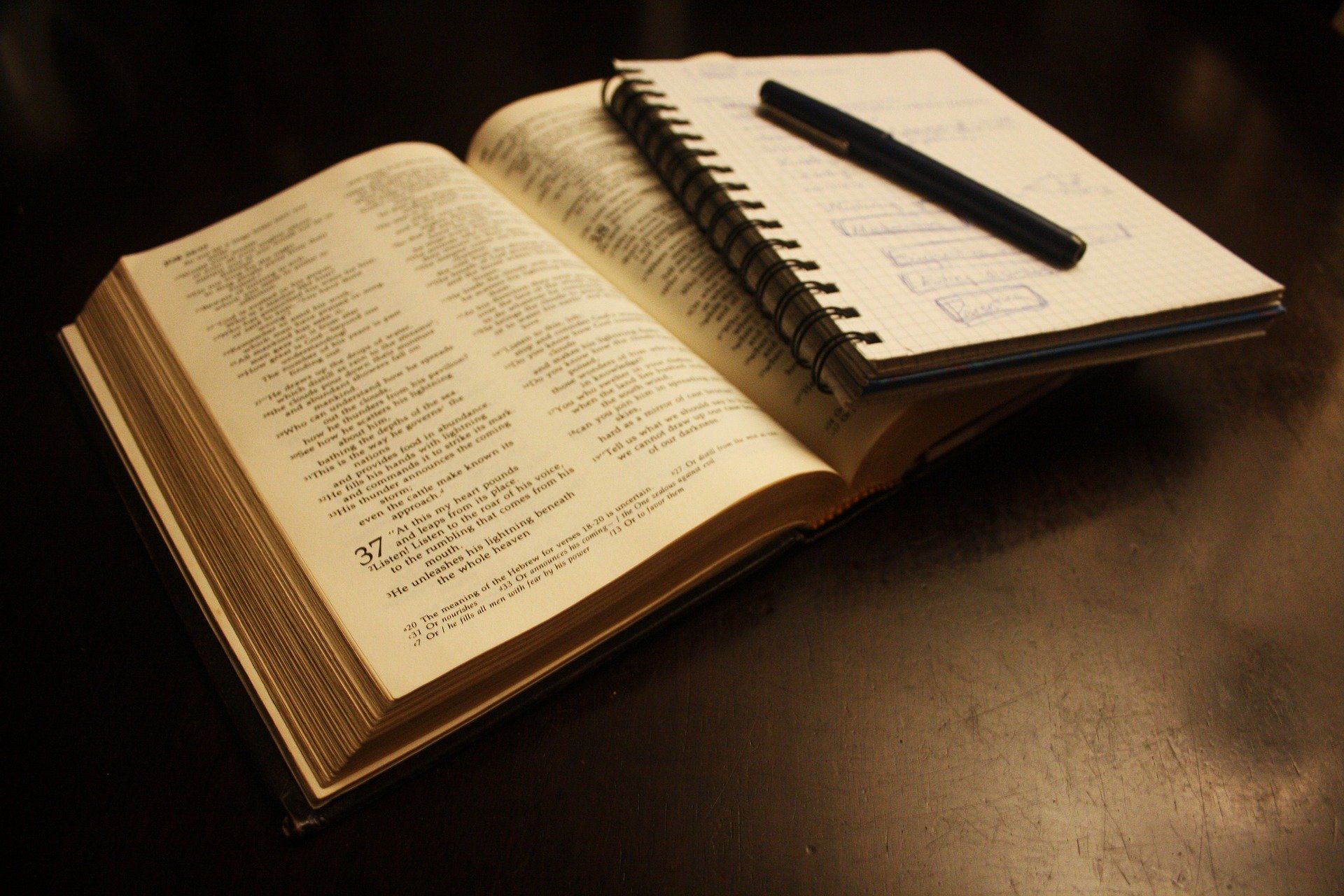The story of Joseph leaves us with Joseph living his dream. The very best that he could ever wish for has happened. The only thing I can think of that would make this situation better is if his mother was still alive. We read the beautiful ending in Genesis 47.
Joseph went and told Pharaoh, “My father and brothers, with their flocks and herds and everything they own, have come from the land of Canaan and are now in Goshen.” 2 He chose five of his brothers and presented them before Pharaoh.
3 Pharaoh asked the brothers, “What is your occupation?”
“Your servants are shepherds,” they replied to Pharaoh, “just as our fathers were.” 4 They also said to him, “We have come to live here for a while, because the famine is severe in Canaan and your servants’ flocks have no pasture. So now, please let your servants settle in Goshen.”
5 Pharaoh said to Joseph, “Your father and your brothers have come to you, 6 and the land of Egypt is before you; settle your father and your brothers in the best part of the land. Let them live in Goshen. And if you know of any among them with special ability, put them in charge of my own livestock.”
7 Then Joseph brought his father Jacob in and presented him before Pharaoh. After Jacob blessed[a] Pharaoh,8 Pharaoh asked him, “How old are you?”
9 And Jacob said to Pharaoh, “The years of my pilgrimage are a hundred and thirty. My years have been few and difficult, and they do not equal the years of the pilgrimage of my fathers.” 10 Then Jacob blessed[b] Pharaoh and went out from his presence.
11 So Joseph settled his father and his brothers in Egypt and gave them property in the best part of the land, the district of Rameses, as Pharaoh directed. 12 Joseph also provided his father and his brothers and all his father’s household with food, according to the number of their children.
Wow! What a wonderful ending. There is a famine in the land—all over the nations—but Joseph’s family is not only safe in Egypt, but they are respected and treated with favour by the very one who considers himself god on the physical Earth—Pharaoh. They have enough food (determined by the number of their children so none are left out), the best of the land (as directed by Pharaoh), the best employment (again directed by Pharaoh) and fellowship. In addition, no one is compromising on their faith. I couldn’t help but smile as good old Jacob reaches out his hand and blesses Pharaoh. Oh, to be so bold and confident!
So, what is really the moral of the story here? The great redeemer is God. Pharaoh is not the hero. The brothers are certainly not the heroes—not even Reuben who resisted the plan from the beginning and initially returned to the cistern to let Joseph free. (Gen. 37:29,30) And surprisingly, Joseph isn’t the hero either. He had no control over his life when he was bound in chains, following along behind a caravan of Midianite merchants. He had no control over his life when he was falsely accused by Potiphar’s wife. He had no control over his life when the cupbearer and baker to the king initially forgot their promises. And ultimately, he had no control over his life when it was the famine that forced his brothers to journey to Egypt and cross his path.
The real redeemer is God.
Joseph recognized this and says in Genesis 45:5-8 “And now, do not be distressed and do not be angry with yourselves for selling me here, because it was to save lives that God sent me ahead of you…But God sent me ahead of you to preserve for you a remnant on earth and to save your lives by a great deliverance…So then, it was not you who sent me here, but God.”
Even bigger than this are the parallels between Joseph and Jesus: both were stripped of their garments, both were placed in the ground, both were betrayed for silver, both brought blessing wherever they went, both were falsely accused, both did not speak in defense, both were hated without a cause, and both submitted to the plan of God, trusting Him when their faith was tested.
As our lives unfold, we need to focus and remember that despite what happens, it is God who has the plan, it is God who will redeem that plan when it goes awry, and it is God who never, ever changes and in whom we can trust. He is kind. He is good. He is all-knowing, all-seeing and all-powerful. He has the perfect time for everything, and nothing is outside of His sight. Because He loves and redeems, we can look at our time in chains, or when falsely accused, or even in the darkest dungeons and filth of life and say, “What man intended for evil, God used for good.”
The rest of the story leads us to another great character in the Old Testament—Moses:
Exodus 1:6-8 “Now Joseph and all his brothers and all that generation died, but the Israelites were fruitful and multiplied greatly and became exceedingly numerous, so that the land was filled with them. Then a new king, who did not know about Joseph, came to power in Egypt. ‘Look,’ he said to his people, ‘the Israelites have become much too numerous for us. Come, we must deal shrewdly with them or they will become even more numerous and, if war breaks out, will join our enemies, fight against us and leave the country.”
Slavery. Hebrew baby boys thrown into the Nile River. Moses in a basket. The plagues of Egypt. The great Exodus. Next month we will see what we can learn from the life of Moses.
